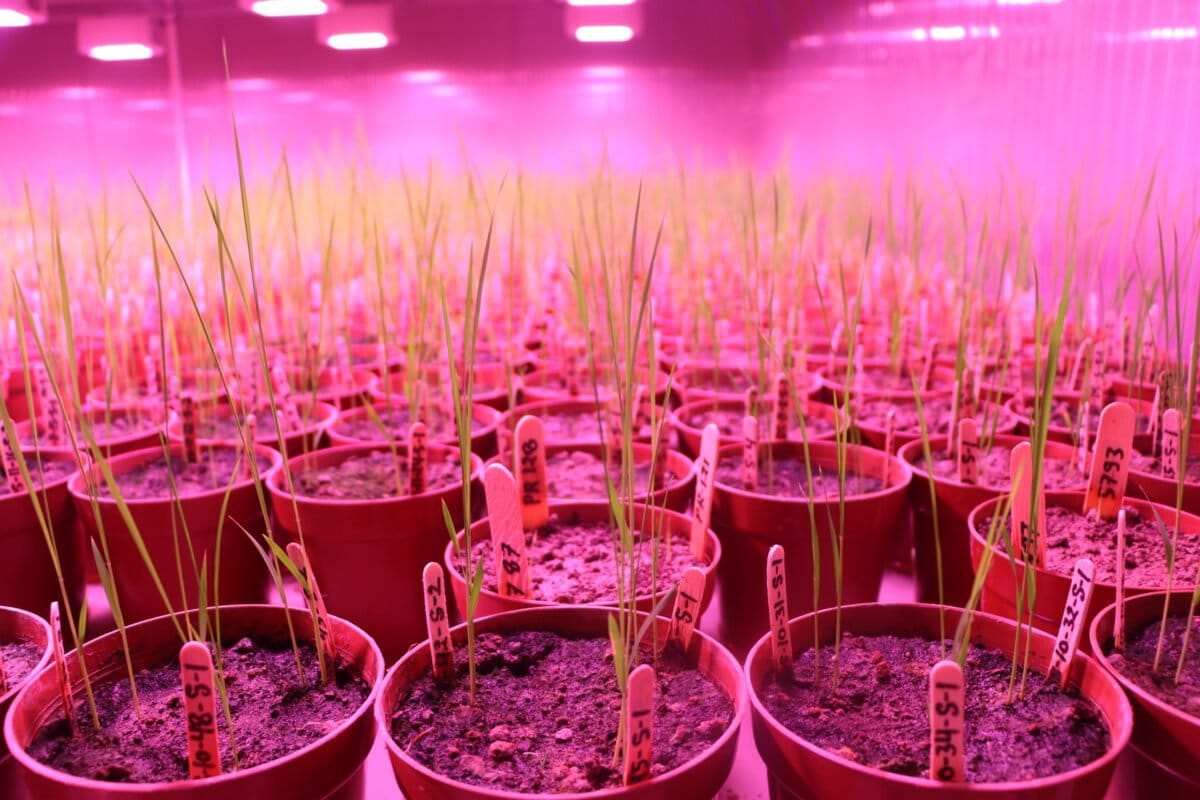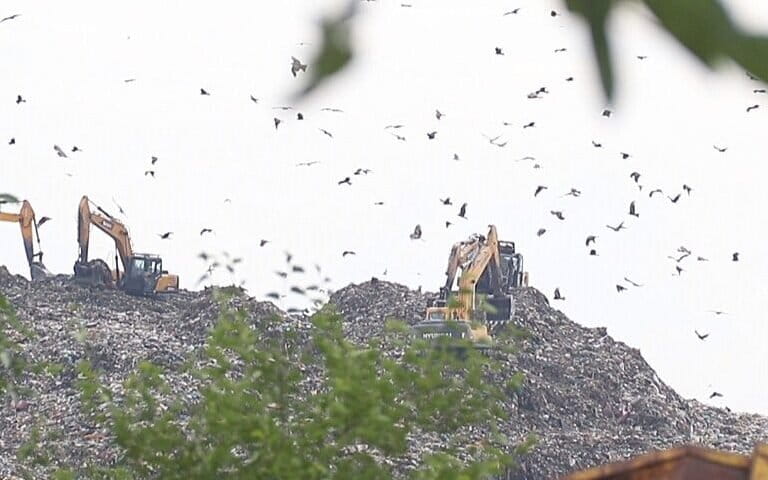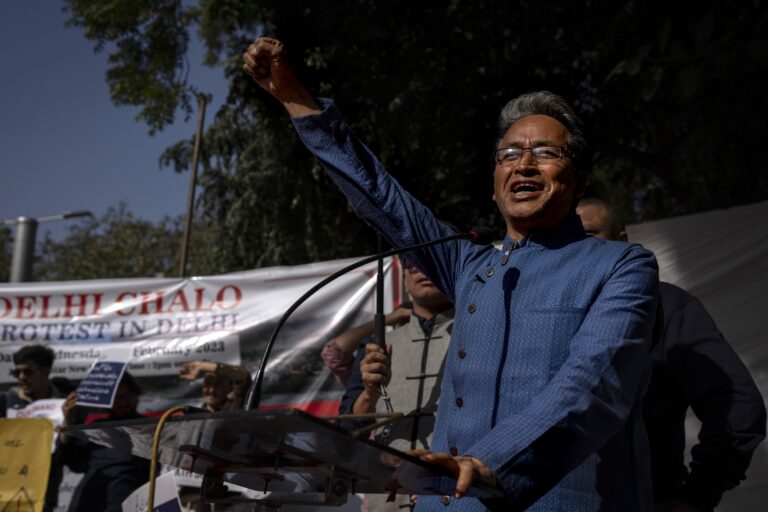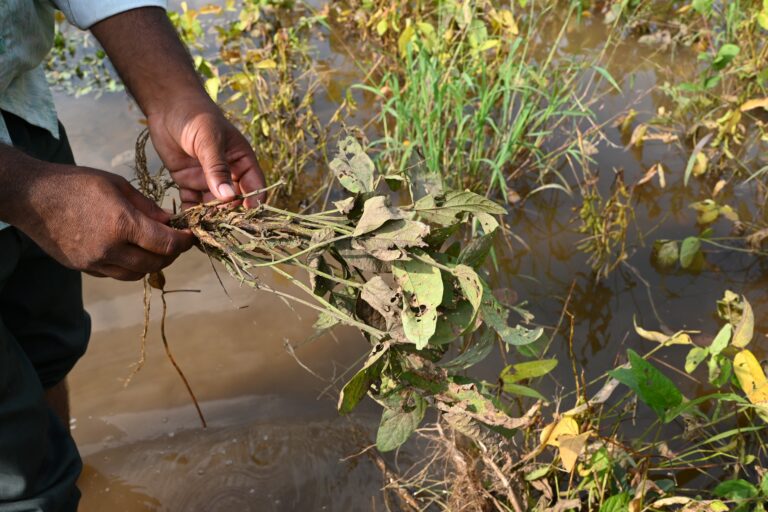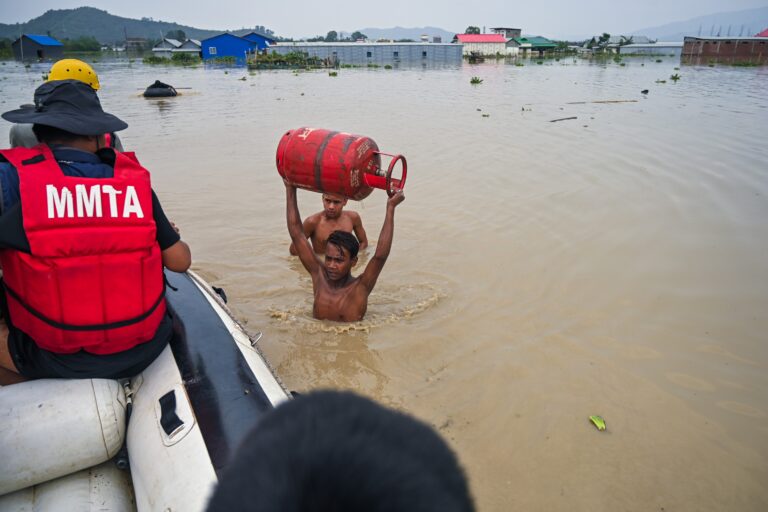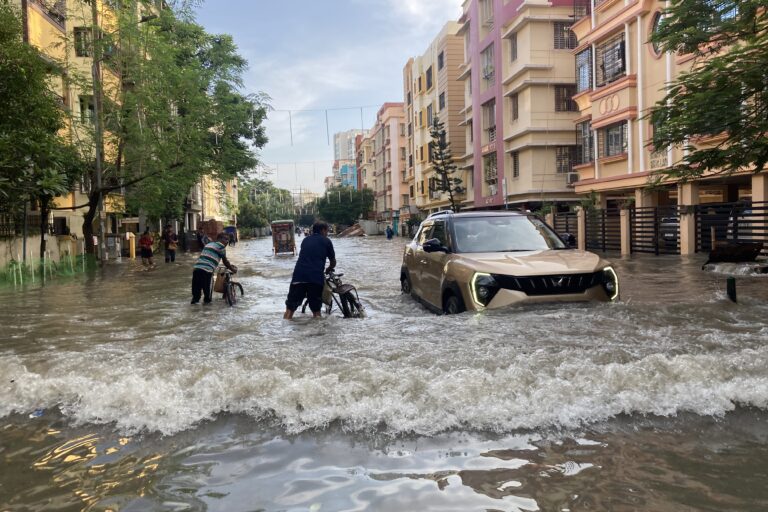- In recent years, the Thamirabarani river in Tamil Nadu has been polluted with sewage and solid waste rendering the water unfit for drinking or fishing.
- The Nellai Neervalam project, an initiative by the district authorities and the local community, has been conducting citizen-driven cleaning and biodiversity mapping of water bodies, including Thamirabarani river.
- The project has digitally mapped over 1,200 water bodies in 2021, which facilitates easier identification, streamlines cleaning activities and enhances the overall water ecosystem management.
Thamirabarani is a perennial river in south India that flows through the districts of Tirunelveli and Thoothukudi in Tamil Nadu. Originating from the Western Ghats, the life-giving river dribbles, sprints and gallops for about 128 kilometres along the southern edge of the country. The river is deeply connected to the lives, livelihoods and culture of the people in the state.
However, in recent years, the river has been polluted with untreated or poorly treated industrial waste and domestic sewage, and solid waste such as clothes and plastics, rendering the water unfit for drinking or fishing.
“Earlier, there were species like kendai carp fish, cod, catfish, conger eel and many others (in the river). Now, because of pollution, only the fish which we can’t even make sambar (a tamarind-based dish) with, are available,” says Esakkimuthu, a fisherman from Tirunelveli. “Fish species like catfish or conger eel clean up the river water. They eat moss and algae to clean the water. Nowadays, all those species die because of pollution,” he adds.
Now, thousands of people are joining a movement to restore and rejuvenate their river. The Nellai Neervalam project, launched in 2021, is an initiative developed by the district administration of Tirunelveli and managed by the local communities. Regular activities, such as citizen-driven cleaning of water bodies and biodiversity mapping, are undertaken.
“We developed a six-step format that not only focuses on the water bodies but also considers the associated biodiversity and the overall ecosystem,” explains the former district collector Vishnu Venugopal, who conceptualised this initiative. The six-step process entails building a comprehensive database, restoring wetlands, raising awareness, mapping trees and culminates in fostering public participation and strengthening disaster management protocols.
Read more: Tracking rivers, the highways of plastic waste

Mathivanan M., a scientist with the non-profit research organisation ATREE, which coordinates the project, emphasises the collaborative nature of the endeavour, stating, “Several volunteers, NGOs, and educational institutions are actively involved in Thamirabarani and water conservation in this region. The goal of Nellai Neervalam is to unite all these stakeholders under a single umbrella.” He further notes, “We have witnessed significant contributions from all sections of society, resulting in substantial changes.”
To date, more than 100 water bodies in Tirunelveli have been de-silted and bunds (embankments) have been constructed. Additionally, the project has facilitated the establishment of over 100 decentralised wastewater systems and two faecal waste treatment facilities along the riverbank.
Loordu Raj, an activist who runs the non-profit organisation Nam Thamirabarani along with student volunteers, exemplifies the unwavering dedication of the community. Raj affirms, “Whenever we find time, we stand by the river. Regardless of family circumstances and work commitments, my leisure time is devoted entirely to Thamirabarani.”
However, some activists opine that there is a long way to go and complain that the government acts more quickly against the private entities that pollute. “The sewage water from Vikramasingpuram municipality and Ambasamudram municipality and seven or eight town panchayats also mix in the river. Above all, the most important polluter is the Tirunelveli corporation,” shares S. P. Muthuraman, activist and lawyer.

This video was produced as part of ‘Environmental Video Reporting Opportunity‘ — a joint initiative of Mongabay-India and ALT EFF.
Banner image: Municipal workers and volunteers cleaning river Thamirabarani. Photo by S Lokesh/Mongabay.



